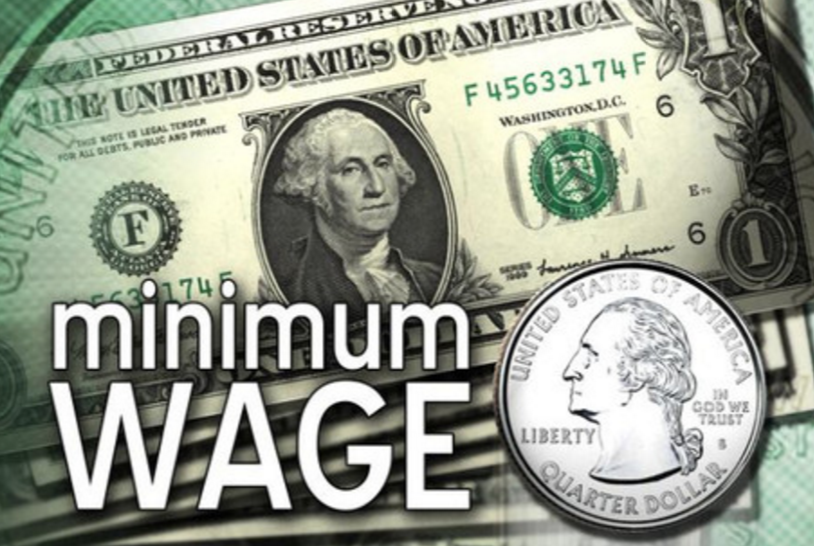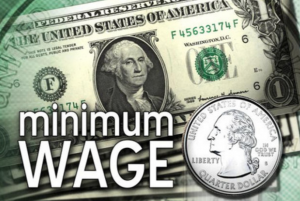Story by: Harry Saltzgaver
Contact: hsalt@gazettes.com.
After a five-hour hearing Tuesday night, the Long Beach City Council approved in principal a minimum wage increase to $13 an hour in 2019, with a path to $15 an hour in 2021.
Vice Mayor Suja Lowenthal made the motion to accept the recommendation of the Economic Development Commission, including a one-year delay for small businesses (less than 25 employees) and nonprofits.
Lowenthal made an impassioned speech before making her motion, saying that it was the City Council’s job in this case to protect and improve the quality of life for the city’s residents.
“According to the LAEDC (Los Angeles Economic Development Commission) study, 46.4% of the households in our city make less than $50,000 a year,” Lowenthal said. “21.4% are below the federal poverty level… We are looking to secure a standard of living that is dignified. Without that dignity, there is no quality of life.”
Lowenthal made the motion last August to study impacts of a minimum wage increase. Mayor Robert Garcia added the request to get a recommendation from the newly reconstituted Economic Development Commission.
That commission met on Jan. 6 and, after a four-hour hearing of its own, recommended a path to $13 an hour beginning with a raise Jan. 1, 2017, to $10.50 an hour, rising to $12 an hour on Jan. 1, 2018 and $13 at the start of 2019. However all small businesses and nonprofits would get a year’s reprieve, starting the same progression on Jan. 1, 2018.
Lowenthal added the condition to add a second study in early 2019 regarding the impacts of the higher minimum wage. Then the council would consider a hike to $14 an hour in 2020 and $15 an hour in 2021. She also limited the year’s delay to companies with 25 employees or less and all nonprofits. Finally, she added a stiff enforcement condition to fight wage theft.
Before that action, there was more than two and a half hours of public comment, with more than 50 speakers.
The majority argued that the minimum wage should go to $15 an hour and that the law should include guaranteed paid sick days, protection against wage theft, and no exemptions. That would mean teens and those working for nonprofits would make $15 as well.
Speakers included high school students and teens who argued that there should not be an exemption to allow younger workers to be paid less. On the other side, several restaurant owners argued that there should be a “total wage earners exemption” that would allow workers to continue to collect tips and not be paid a higher minimum wage.
Fifth District Councilwoman Stacy Mungo asked to add a condition allowing employers to continue paying the state minimum wage to youth — defined as younger than 21 — people who qualify for federally financed reentry programs.
Eighth District Councilman Al Austin tweaked that further by suggesting a training wage of 85% of the local minimum wage for six months or 480 hours, whichever comes first.
Mayor Garcia added his support to Austin’s approach, and Lowenthal said she would accept that approach as long as it followed the state law.
Mayor Garcia asked for consideration of other business incentives including expansion of the local provider incentive, and Lowenthal added that.
Mungo said she was adamant about her training worker wage, and made a substitute motion. However, it failed, with only Mungo and Fourth District Councilman Daryl Supernaw voting in favor.
The original motion then passed on the same 6-2 vote. The vote took place at 12:30 a.m. Wednesday morning.
Third District Councilwoman Suzie Price was called away from the meeting due to a family emergency and did not vote on the item.

